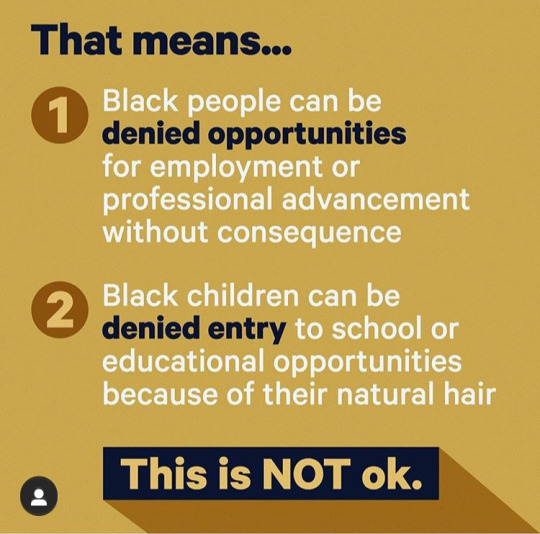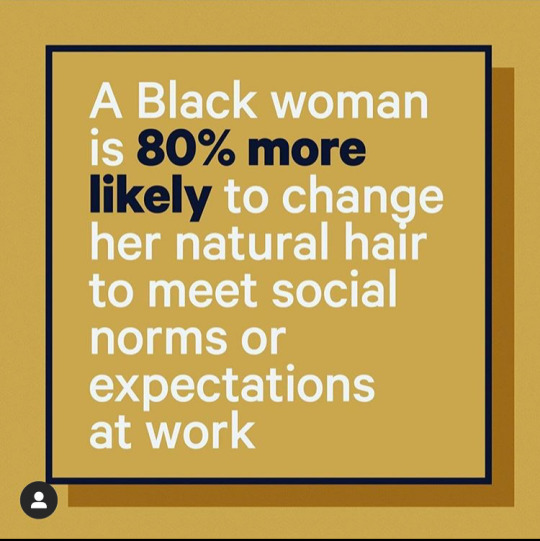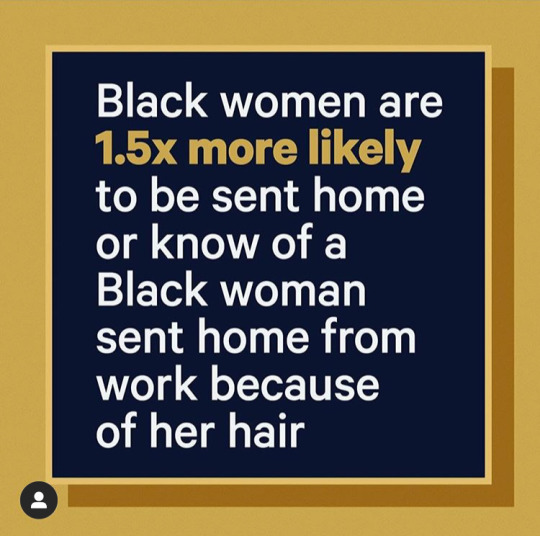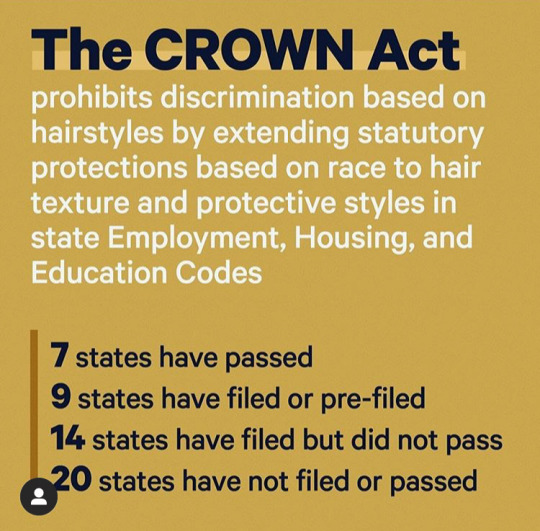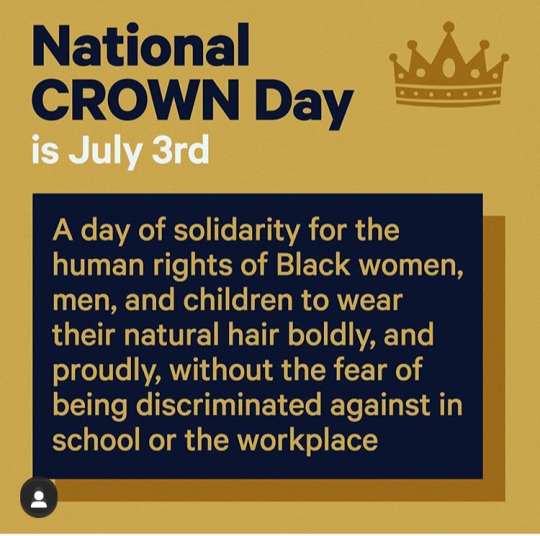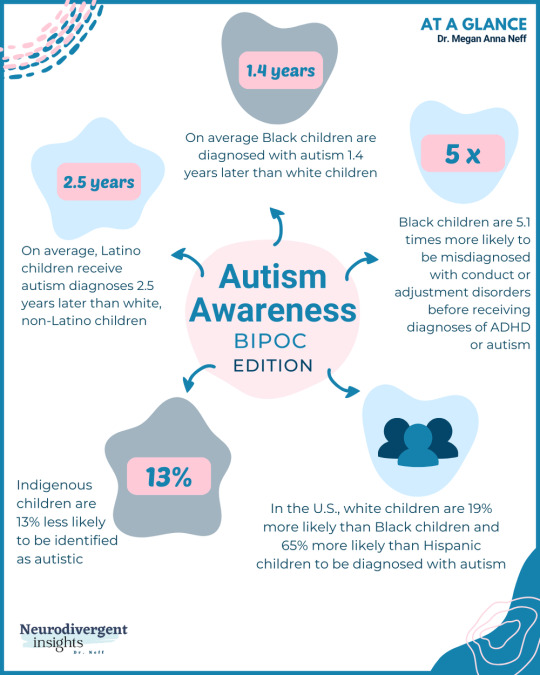Don't wanna be here? Send us removal request.
Text
Quick summary - "The Multiracial Complication: The 2020 Census and the Fictitious Multiracial Boom"
In “The Multiracial Complication: The 2020 Census and the Fictitious Multiracial Boom,” Paul Starr and Christina Pao critically examine the reported surge in the multiracial population in the 2020 U.S. Census, which rose from 2.9% in 2010 to 10.2% in 2020. They argue that this apparent boom is largely a statistical illusion caused by methodological changes in how the Census Bureau classified race. Specifically, a new algorithm reclassified many individuals as multiracial based on listed “origins” that did not align with the single race they selected—thus confounding ancestry with self-identified racial identity. For example, someone who marked "White" but listed "Argentina" as an origin would be recoded as both White and “Some Other Race,” inflating multiracial counts. The authors demonstrate that the largest shifts occurred in older age groups and among particular demographics such as White Hispanics, people with Native American ancestry, and immigrants from African countries with White populations—patterns inconsistent with organic demographic or identity change. They argue that these reclassifications undermine the Census Bureau’s long-standing principle of racial self-identification and introduce serious complications for social science research, public understanding, and civil rights enforcement. The paper highlights how institutional and political pressures—not scientific accuracy—drove the adoption of these practices, and it calls for a clear distinction between ancestry and identity in both official data collection and sociological theory.
#race and politics#academia#research#race and identity#sociology#race and culture#multiracial#multiracial identity#Census
0 notes
Text
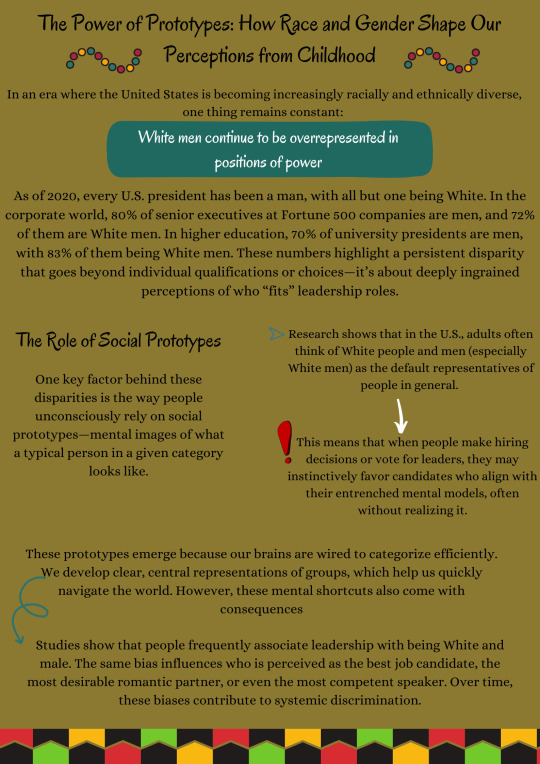


#race and politics#black representation#people of color#brown women#black women#academia#marginalized people#end racism#race and gender#politics#end oppression#black media#solidarity#solidarity is strength#black history#black#children#bias#gender#race#systemic injustice#systemic inequality#systemic oppression
1 note
·
View note
Text
This is going to be a very long 4 years!
As an observer from outside of America I'm genuinely quite astounded at how quickly things seem to be ramping up. I don't know why but I believed they would have a cold period where they'd just act like everything is normal before going full with their ideas.
But nope. Straight in to removing the constitution from the website; talking about raiding the homes of immigrant families; removal of the reproductive rights page; saying there are only 2 genders and now it seems they have the intention to make it so women can only get birth control with the permission of their husbands, fathers or a priest.
Thereby completely destroying years of good work for, not only reproductive rights, but women's health care as a whole.
This is only day 2 of the Presidency.
We are in for a long, painful, ride.
1K notes
·
View notes
Text

#academia#race and politics#people of color#brown women#racisim#marginalized people#black history#black representation#black media#sa survivor#assault#assaultagainstwomen#race#raceandgender#lgbtq#transgender#black trans lives matter#blacktransSA#stop violence#stop gendered violence#end violence#indigenous women#indigenous#indigenous peoples#indigenous history#minorities#queer community#queer rights
6 notes
·
View notes
Text
A report on a book reading I attended as part of my university curriculum wasn't something I expected to share here. However, the book, its theme, and its emotional depth resonate with the focus of my blog. So, here it is:
Enough by Kimia Eslah: A ‘Short’ Report
“Go and take everything and throw it away…But I will use my voice…”[1]
Inspired by Professor Aimée Morisson’s lectures, I am attempting to find my voice in academic writing. The report, which maintains a middle ground between a rigorous assignment and a somewhat personal narrative, I believe offers a safe space to experiment—not that I'm particularly keen on playing it safe, but you know how it is! Also, the essence of Eslah’s novel lies precisely in the fact that I cannot discuss it without incorporating the ‘I’s and ‘Me’s that academic writing often seeks to scrub away. With that clarification of my writing approach, here is an unapologetic attempt to break away from the academic traditions and offer an account of the event.
Often, people are disciplined in their lives; to state it better, they read the book before attending its reading. However, I did not follow suit! The title, "Enough," struck me as “Ah… the same old 'I am enough' theme,” -- my immediate reaction, and I expected to encounter a solemn and dour person. But, blimey! I was surprised to find a funny and energetic young lady at the podium, holding her book and offering insights into how her journey as a writer has been so far. Oh! I spaced on mentioning, that Professor Tristanne gave a warm welcome and did a quick intro of the author (apologies for the jumbled sequence; memory isn't always linear, as we know). Returning to the author, she provided a brief introduction to the book. According to her, the book revolves around “real women and real people,” where “the characters are shaped by their own struggles and maintain a skeptical view of the world”. She also described the book as a “corporate drama,” with Toronto serving as its setting. Kimia explains that the story circles around three women narrators, each of whom is a woman of color and is in a different phase of life. She began her reading with an excerpt from Sameera’s story, one of the three women characters, and moved on to Goldie’s. Her reading revealed the complexities of these characters, their daily struggle against racism, sexism, and all the -isms you can think of. I have read about a million (slightly fewer) books on racism, but nothing has felt more real or closer to my own life and experiences than this book. When she stopped, I can’t quite explain what I felt, it felt like something in my mind and body, suddenly ran loose. My brain and body experienced a sense of relief, and my lungs expanded more freely. I felt a deep connection to Sameera and Goldie; their pain seemed strangely familiar. Contrary to my usual tendency to dismiss incidents, my inner experiences manifested and nodded in agreement, even more than I did. Seeing before my eyes a person whose stories are shaped by her own encounters with racism made me feel like “Oh, she knows it!!” This excitement was also because not many people share their stories; many deny it, many would ask you to toughen up, and many to move on. Thus, the vulnerability of her characters, and through them, the writer, built an immediate connection.
I will now briefly highlight the key moments (note: I'm not very good at being brief). After she summed up and while I was experiencing all those bodily sensations, somehow, we transitioned into the Q&A session. Kimia was glowing with excitement to hear our questions and goodness! I was too. I burst out at the first chance, telling her how much I vibed with her characters. That led to discussions on some well-known but often not spoken-of topics like structural racism – you know, where a white grad student gets the hookup because their dad knows someone who knows someone. Been there, done that, just like Kimia and a bunch of other immigrants. Then we discussed “colour-blindness” – “Oh! I don’t see colour, I don’t see race” and that's when I had to bring up one of my all-time favorite reads, Why I'm No Longer Talking to White People About Race. So, I jumped in with my take: Being color-blind isn't the fix. What's important is recognizing differences and making room for them. That's the real deal.
Another enthusiastic participant threw out a bomb of a question about Kimia's experience in publishing this book. ‘It was not easy’, she said and added that, unlike other books, she doesn't paint a rosy picture of Toronto or portray Iran as some exotic place. She's not making kebabs and aromatic tea sound romantic just for white readers to enjoy from afar – she's really stirring things up! The event ended with another participant chatting about her own journey as a Middle Eastern immigrant, touching on how people's worth seems to be tied to how close their skin tone is to whiteness.
Overall, it was an amazing evening for me, and I walked out feeling less lonely in this system!
P.S. – If you have a minute, once you've finished skimming through this extended three-page report, feel free to read my favourite excerpt from Why I'm No Longer Talking to White People About Race.
“Not seeing race does little to deconstruct racist structures or materially improve the conditions which people of colour are subject to daily. In order to dismantle unjust, racist structures we must see race. We must see who benefits from their race, who is disproportionately impacted by negative stereotypes about their race, and to who power and privilege is bestowed upon – earned or not – because of their race, their class, and their gender. Seeing race is essential to changing the system.” (I don't have the book on hand, so I can't give you the page number. This snippet is from my trusty notebook where I jot down all my favorite bits from the books I've read).
Work Cited
Eddo-Lodge, Reni. Why I’m No Longer Talking to White People about Race. Bloomsbury Publishing, 2022.
[1] Song by Evanescence : a must-listen.
#academia#race and politics#books#marginalized people#people of color#brown women#racisim#books and reading#book reading#diversity#black history#brown people#racial equality#racial prejudice
3 notes
·
View notes
Text

Book: Making Space for INDIGENOUS FEMINISM
2 notes
·
View notes
Text
What I need for White Americans (ppl in general really, but I'm talking to the U.S.) to understand about Americans of Color is that You don't know Us, but We know YOU.
We've spent generations upon generations of our entire lives learning YOUR social norms, forced to assimilate to YOUR idea of society. We live and learn entirely separate cultures, but we also learn from birth what it means to have to cater to Whiteness in America. It's why I can name so many famous movies with white casts, but most white people didn't even know where "Bye Felicia" came from. It's why I was raised to professionally Code Switch from childhood, but grown white people struggle to even grasp the basics of the grammar of AAVE. It's why people who speak different languages think they have to give up their own mother tongue just to function in this country.
It's why you all are so uncomfortable with the idea of people of color questioning and rejecting what seems "normal" to you- and to be honest, I actually think older white generations are better at admitting this than younger ones. It's because what you know as normal is usually not "normal"- it's White. Whiteness is just as loud as any other presentation of race in this country, you just don't see it that way because everyone else has been forced to maintain your comfort. The entire system is built around it, and you don't even know it.
It's why it frustrates white Americans of some marginalization- queer, disabled, neurodivergent- because you do not have access to the "norm" as it is shown to you. But that frustration- literally everyone of color (who shares those identities btw) lives under that understanding.
Idk, I didn't really have a direction. I just think it's wild how so many conversations require this... Constant Verbal Leveling of the Playing Field simply because Whiteness blinds white people to what things ACTUALLY look like out here.
9K notes
·
View notes
Text

3 notes
·
View notes
Text
Police Brutality
Black people, who account for 13 percent of the U.S. population, accounted for 27 percent of those fatally shot and killed by police in 2021, according to Mapping Police Violence, a nonprofit group that tracks police shootings. That means Black people are twice as likely as white people to be shot and killed by police officers.
1 note
·
View note
Text
the blacker the berry, the sweeter the dyke



6K notes
·
View notes
Text
Colombia!

Putting a "Good Face on the Nation": Beauty, Memes, and the Gendered Rebranding of Global Colombianidad
1 note
·
View note
Text

Read- https://www.theguardian.com/news/article/2024/may/08/double-punishment-the-racial-discrimination-in-europes-rental-housing-market
#race and politics#black history#black media#black representation#marginalized people#people of color#solidarity
0 notes




